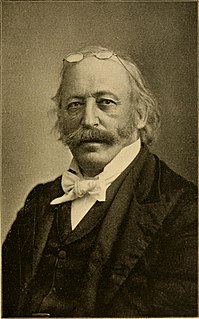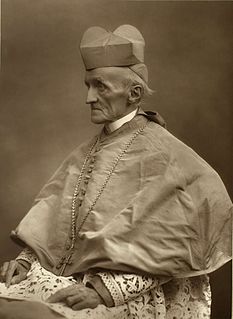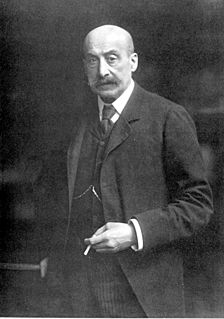A Quote by Desiderius Erasmus
It hardly needs explaining at length, I think, how much authority or beauty is added to style by the timely use of proverbs. In the first place who does not see what dignity they confer on style by their antiquity alone?... And so to interweave adages deftly and appropriately is to make the language as a whole glitter with sparkles from Antiquity, please us with the colours of the art of rhetoric, gleam with jewel-like words of wisdom, and charm us with titbits of wit and humour.
Quote Topics
Related Quotes
Words borrowed of Antiquity do lend a kind of Majesty to style, and are not without their delight sometimes. For they have the authority of years, and out of their intermission do win to themselves a kind of grace-like newness. But the eldest of the present, and newest of the past Language, is the best.
Antiquity! thou wondrous charm, what art thou? that being nothing art everything? When thou wert, thou wert not antiquity - then thou wert nothing, but hadst a remoter antiquity, as thou calledst it, to look back to with blind veneration; thou thyself being to thyself flat, jejune, modern! What mystery lurks in this retroversion? or what half Januses are we, that cannot look forward with the same idolatry with which we for ever revert! The mighty future is as nothing, being everything! the past is everything, being nothing!
Writing those books ['Beauty' and 'Style']was really eye-opening, as you realize just how much goes into beauty and fashion, and also how much I've learned over the years. I think both books are essential, as they don't really teach you one particular look that will go out of style next season, but rather tools and tricks you can use over the years.
But the appeal to antiquity is both a treason and a heresy. It is a treason because it rejects the Divine voice of the Church at this hour, and a heresy because it denies that voice to be Divine. How can we know what antiquity was except through the Church? ... I may say in strict truth that the Church has no antiquity. It rests upon its own supernatural and perpetual consciousness. ... The only Divine evidence to us of what was primitive is the witness and voice of the Church at this hour.
Underneath all his writing there is the settled determination to use certain words, to take certain attitudes, to produce a certain atmosphere; what he is seeing or thinking or feeling has hardly any influence on the way he writes. The reader can reply, ironically, "That's what it means to have a style"; but few people have so much of one, or one so obdurate that you can say of it, "It is a style that no subject can change.
Personally I think that grammar is a way to attain Beauty. When you speak, or read, or write, you can tell if you've spoken or read or written a fine sentence. You can recognise a well-tuned phrase or an elegant style. But when you are applying the rules of grammar skilfully, you ascend to another level of the beauty of language. When you use grammar you peel back the layers, to see how it is all put together, to see it quite naked, in a way.









































